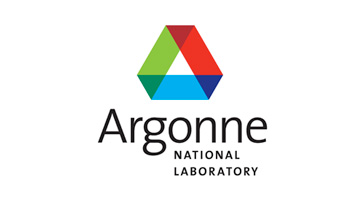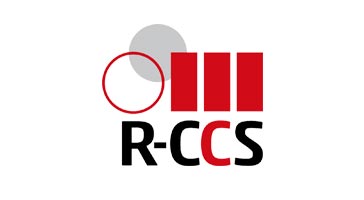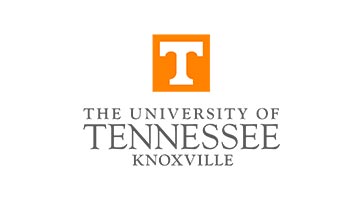Agenda
| Track 1
Zoom link: |
Track 2
Zoom link: |
|
| 08:00 ET | Opening
Franck Cappello, Robert Speck |
|
| 08:10 ET | ST M1.1 (6) AI
Session chair: George Bosilca |
Multiprecision Numerics for HPC |
| 09:40 ET | ST M1.2 (6) I/O, In-situ
Session chair: Ruth Schöbel |
|
| 11:10 ET | Open zoom sessions (all zoom sessions will remain open until 1PM ET)
|
|
| Track 1
Zoom link: |
Track 2
Zoom link: |
|
| 08:00 ET | ST M2.1 (6) Numerical Methods and Resilience
Session chair: Kevin Sala |
Challenges and opportunities with running AI workloads on HPC systems |
| 09:30 ET | ST M2.2 (6) Performance Tools
Session chair: Daichi Mukunoki |
|
| 11:00 ET | Open zoom sessions (all zoom sessions will remain open until 1PM ET)
|
|
| Track 1
Zoom link: |
Track 2
Zoom link: |
|
| 08:00 ET | ST M3.1 (6) Programming Languages and Runtimes
Session chair: Daniel Barry |
Heterogeneous and reconfigurable architectures for the future of computing |
| 09:30 ET | ST M3.2 (6) Programming Languages and Runtimes and Advanced Architectures
Session chair: Colleen Heinemann |
|
| 11:00 ET | Closing
Franck Cappello, Robert Speck |
|
| 11:10 ET | Open zoom sessions (all zoom sessions will remain open until 1PM ET)
|
|








